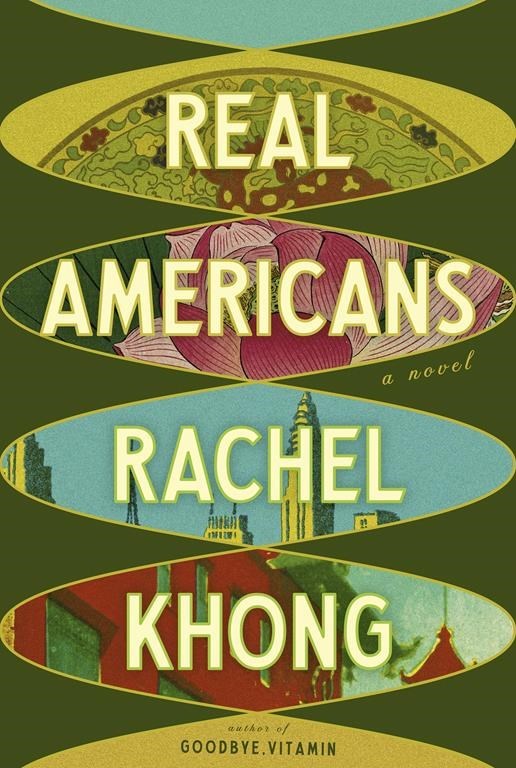In 2017 Rachel Khong wrote a slender, darkly comic novel, “Goodbye, Vitamin,” that picked up a number of accolades and was optioned for a film. Now she has followed up her debut effort with a sweeping, multigenerational saga that is twice as long and very serious.
“Real Americans” — the title alone suggests its weighty subject — wrestles with issues of class, race and the genetic component of disease. Though largely a work of social realism, it has a touch of science fiction, with characters experiencing “blips” in existence, when time itself seems to get stuck.
The novel is narrated by three members of the same family: May, the Chinese-born matriarch; her American daughter, Lily; and Lily’s biracial son, Nick. It opens in 1999, when 22-year-old Lily is working as an unpaid intern at a media company, a few months away from her NYU graduation.
At a holiday party, she meets her boss’s nephew, Matthew, five years older and heir to a pharmaceutical fortune. Tall and “golden haired,” he is likable and self-assured. Lily, on the other hand, is insecure, unambitious and prone to ruminating about what a disappointment she is to her hard-charging mother, a brilliant scientist who specializes in—spoiler alert—genetic engineering.
Nonetheless, they fall in love, get married and, after much difficulty, have a baby. That child, a boy named Nick with blond hair and blue eyes, narrates the second section, which begins in 2021, when he is a teenager. He was raised on a remote island off Washington state by his single mother, feeling like a misfit and wishing more than anything to be normal.
Wondering why he does not, as his best friend says, “look Chinese,” the two of them search an online genetic database and find Matthew, his long-lost white father. Nick’s subsequent decision to go to Yale (Khong’s alma mater) sets up a series of dramatic encounters on the east coast with the dad he never knew.
The most vivid character in the book is Nick’s grandmother May, who grew up in China during the Cultural Revolution and fled to America after making a pact, of sorts, with the devil. She narrates the third section of the book in 2030, when she is dying. Only then are the riddles of Lily and Nick’s discombobulated lives finally explained.
Khong, who was formerly the executive editor of the now defunct food magazine Lucky Peach, has offered up a veritable smorgasbord of ideas — about IVF, genetic engineering, different cultural styles of parenting, and what it means to be a “real American.”
___
AP book reviews:
Ann Levin, The Associated Press



